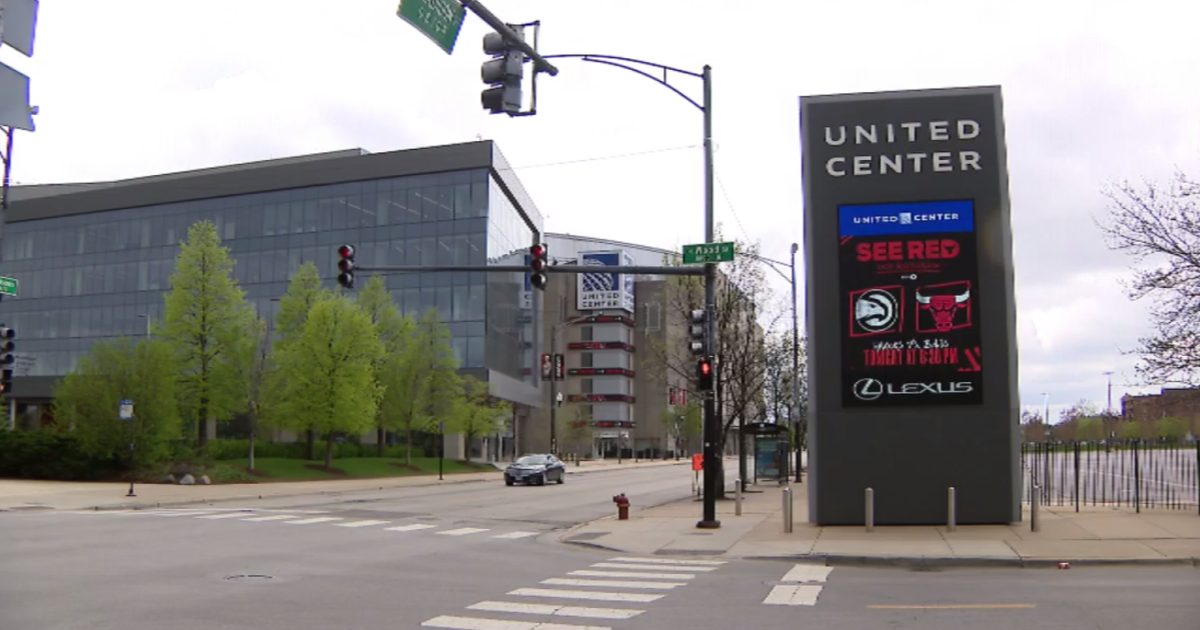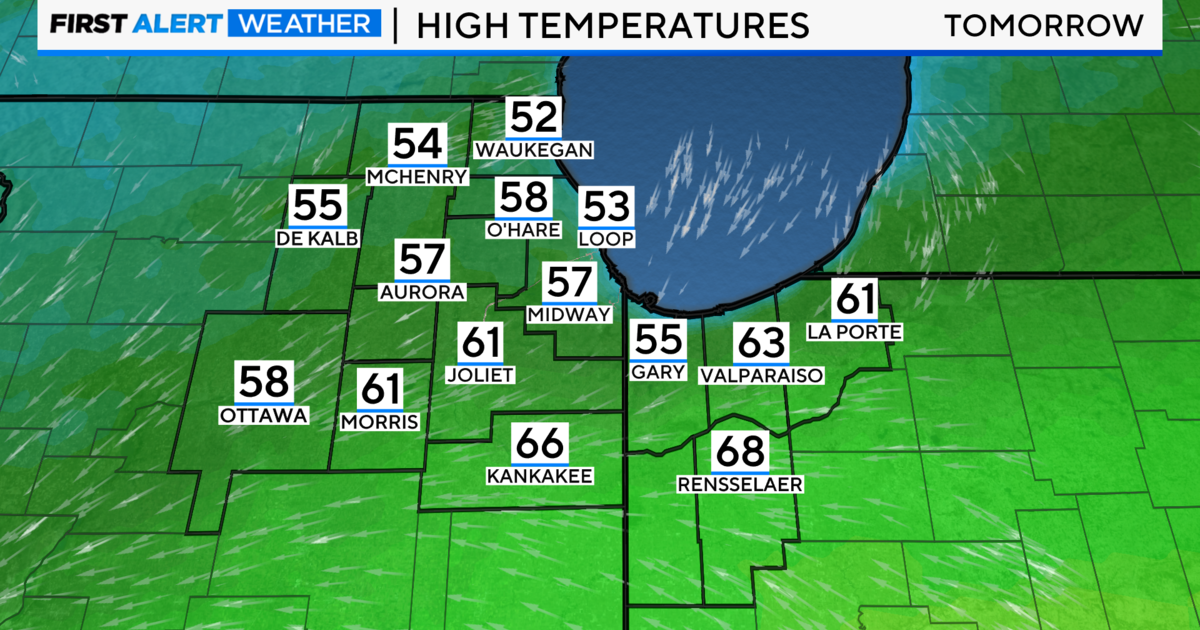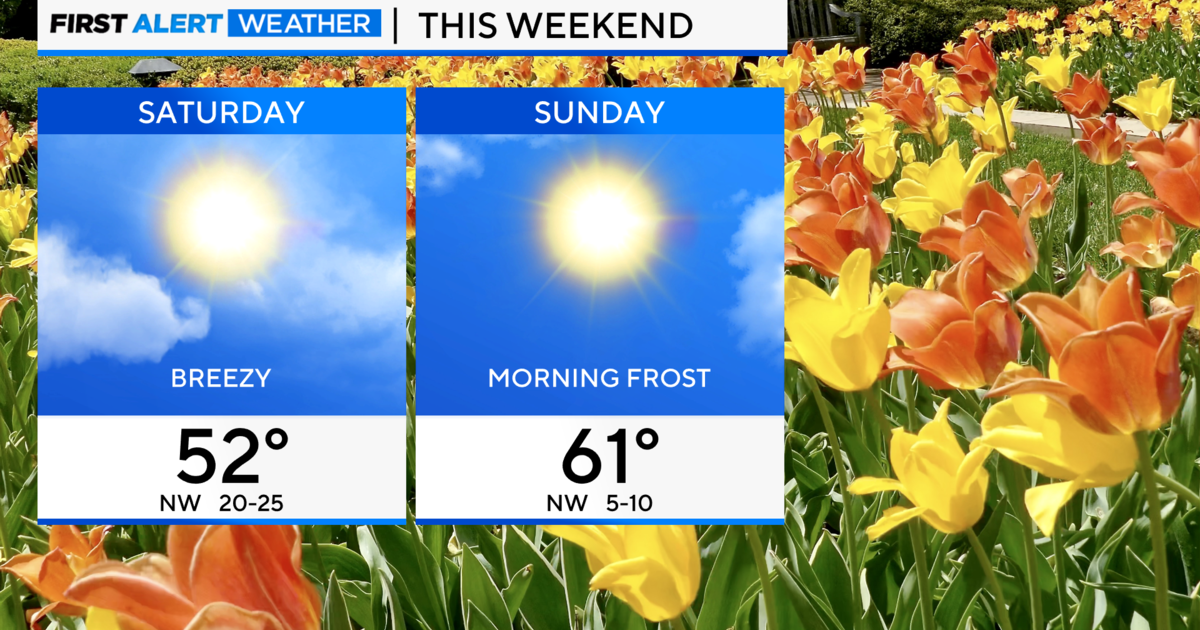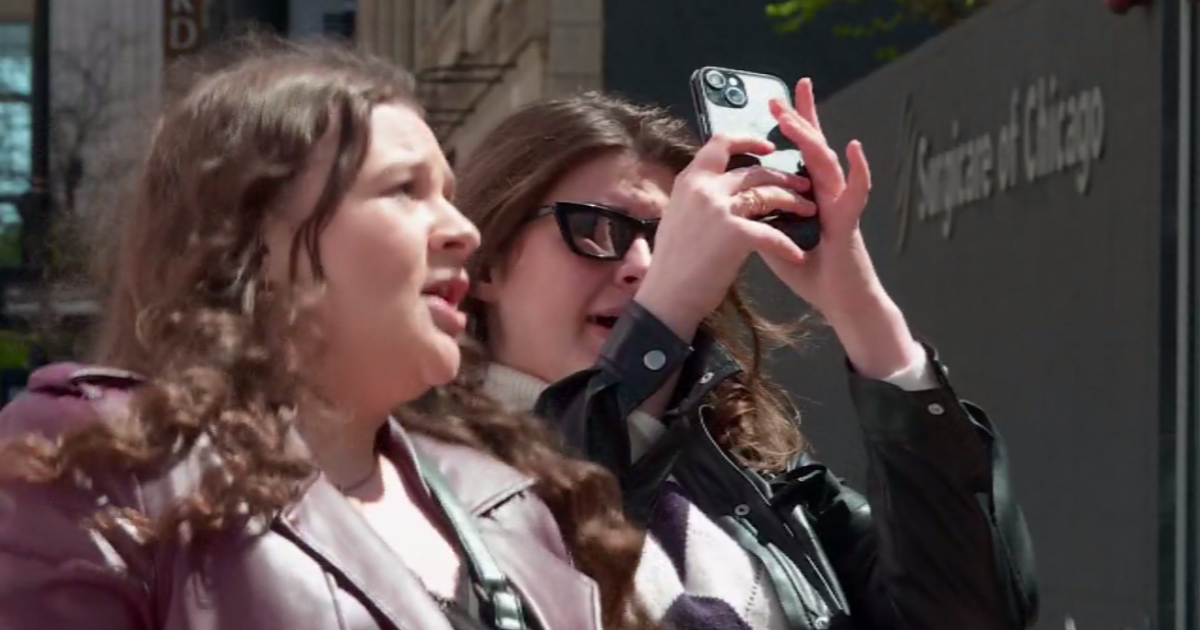Dangerous Cold Settling In; Wind Chill Advisory On Tap Overnight
CHICAGO (CBS) -- Brutal, bone-chilling cold was seizing the Chicago area on Wednesday, and the city won't see any release from the icy grip of this arctic blast for more than two days.
Layers, layers, and more layers. With dangerously low temperatures leaving Chicago locked in the freezer, anyone venturing outdoors the next couple days must bundle up in plenty of warm clothing, to avoid possible frostbite or hypothermia. Frostbite can set in within minutes if skin is left exposed in such cold conditions, and extended exposure to such temperatures without proper clothing increases the risk of hypothermia.
Temperatures in Chicago dropped to the single digits overnight, and – except for a brief flirtation with double digit levels mid-morning on Wednesday – will stay there until sometime Friday afternoon. Overnight temperatures will dip well below zero Wednesday and Thursday nights.
Chicago also could get a fresh dusting of snow in the middle of the day on Wednesday, and up to an inch on Thursday.
After lunch Wednesday, wind gusts will pick up, creating dangerous wind chills throughout the Chicago area. The National Weather Service has issued a wind chill advisory for virtually all of Illinois and Indiana, from 6 p.m. Wednesday until noon Thursday, as wind chills could reach up to 30 below zero during that timeframe.
Temperatures also could set a record for cold on Thursday, as the forecast high is only about 5 degrees, which would be the coldest high temperature for Feb. 19 ever recorded in Chicago, beating the previous record cold of 9 degrees set in 1936. Thursday also could match the coldest Feb. 19 temperature ever recorded in Chicago, 7 below zero, also set in 1936.
The average high temperature for Chicago this time of year is 36 degrees, but temperatures won't get anywhere close to that until Saturday, when the forecast high is 30. Friday's high will be about 20 degrees, though it likely won't reach that level until late Friday night.
When it gets incredibly cold, Chicago's mass transit systems take extra steps to keep trains and buses running on time.
Approximately 1.7 million rides are taken on CTA buses and trains on the average weekday, and nearly 300,000 rides are taken on Metra trains each weekday.
Metra uses electric and gas-fired heaters on railroad switches, to prevent them from freezing in the extreme cold.
The CTA uses multiple tools to keep its trains running, including electric track switch heaters, sleet scrapers to keep its third rails clear of icy buildup, and special sleet trains that spread deicing fluid on the tracks along rail lines that are not used 24 hours a day.



